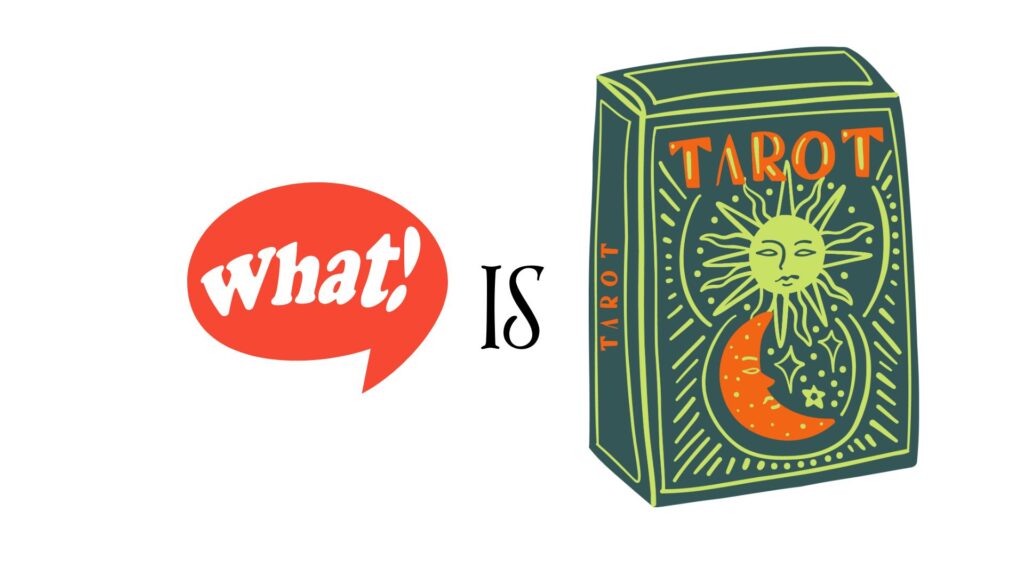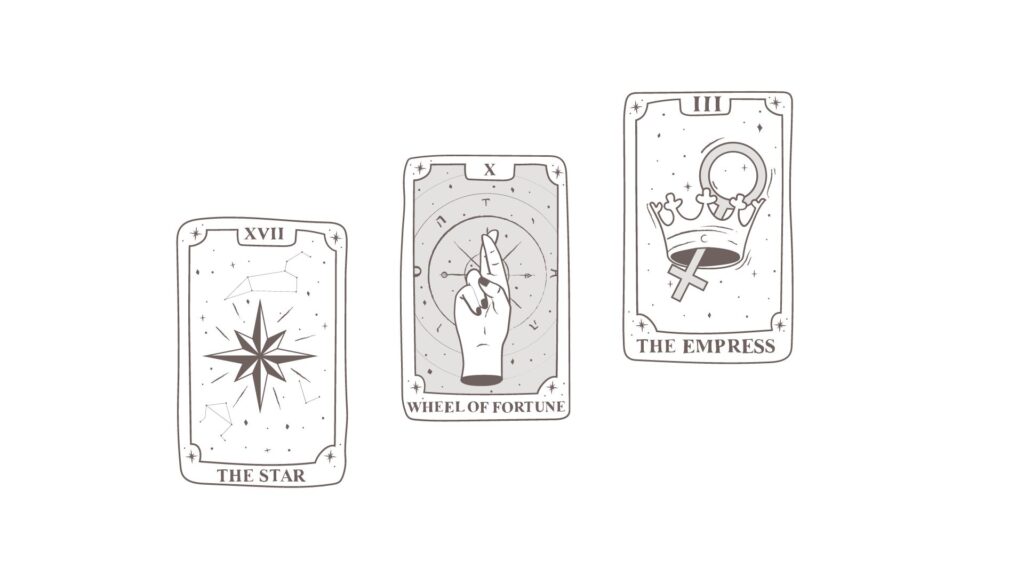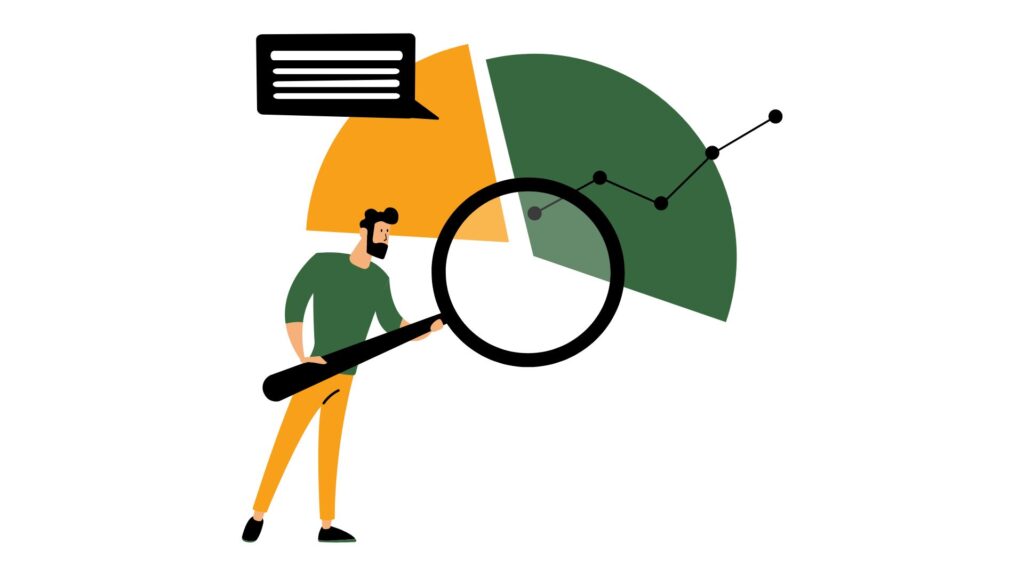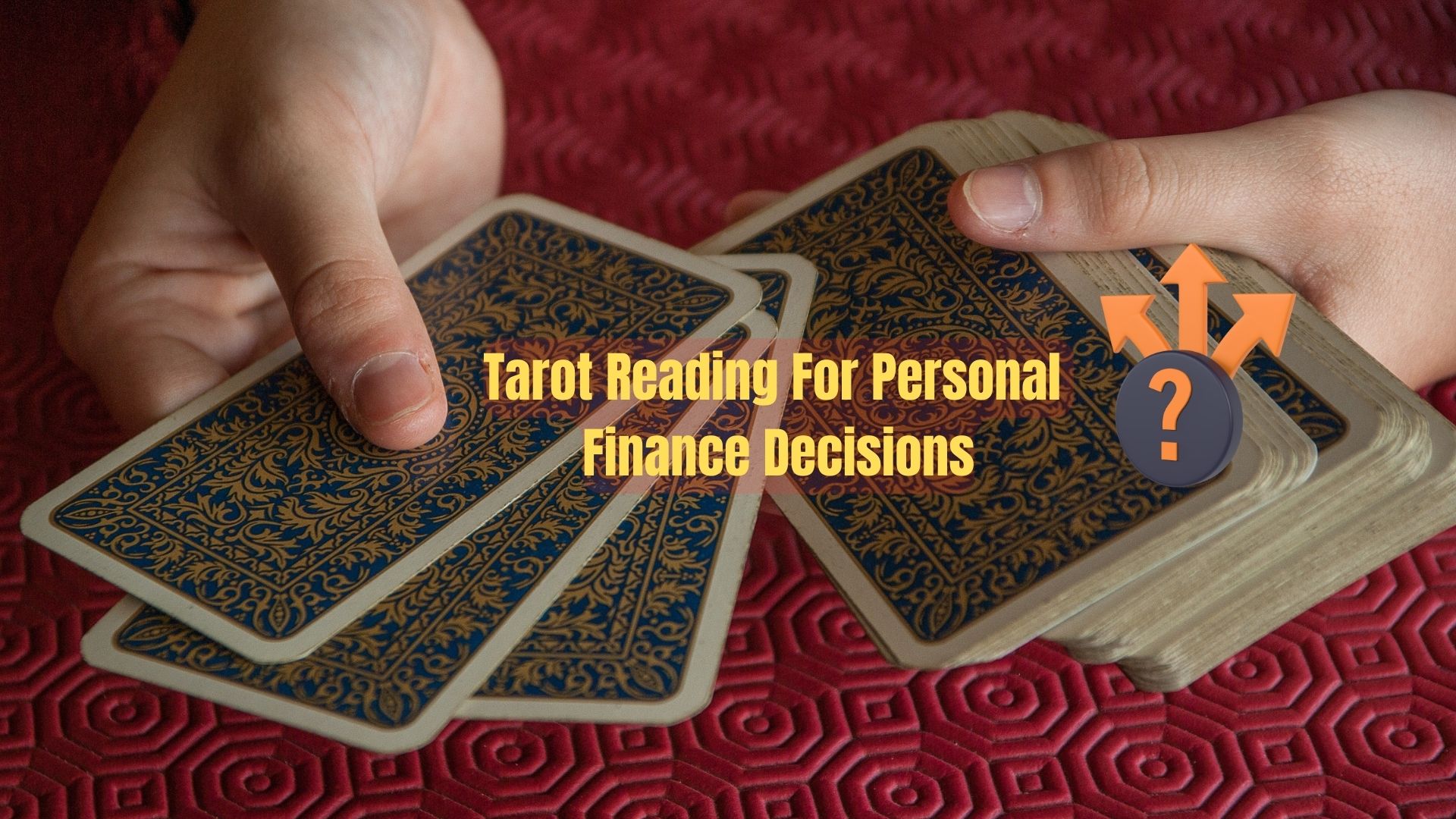Tarot Reading For Personal Finance Decisions: In a world where financial stability and growth often seem elusive, many individuals turn to unconventional methods for guidance and clarity.
Among these methods, tarot reading stands out as an intriguing option for those seeking deeper insights into their financial decisions.
Though traditionally associated with spiritual and personal guidance, tarot has increasingly been recognized for its potential to illuminate financial paths and uncover hidden opportunities.
This article explores how tarot reading can be a powerful tool in making informed personal finance decisions, offering a blend of ancient wisdom and modern financial strategy.
What is Tarot Reading?

Tarot reading is a divination practice that dates back to the 15th century, originally used for playing cards before evolving into a tool for spiritual and personal insight. A typical tarot deck consists of 78 cards, divided into the Major Arcana and Minor Arcana.
The Major Arcana comprises 22 cards representing significant life events or spiritual lessons; on the other hand, the Minor Arcana, consisting of 56 cards, reflects day-to-day experiences and challenges.
Each card in the tarot deck has its symbolism and meaning. When drawn and laid out in a spread, cards create a narrative that offers insights into various aspects of life, including personal finance.
By interpreting these cards, individuals can gain a deeper understanding of their financial situation and receive guidance on managing their money effectively.
How Tarot Reading Can Aid in Personal Finance
Applying tarot reading to personal finance provides a unique perspective on financial matters. Unlike traditional financial tools and advice, tarot taps into the subconscious mind, revealing underlying patterns and potential future outcomes.
This broader view can be particularly useful in navigating complex financial decisions, including budgeting and saving, as well as investing and managing debt.
Benefits of Tarot Reading for Personal Finance

Gaining Insight into Financial Habits
One of the primary benefits of using tarot for financial decisions is the ability to gain insights into one’s financial habits and behaviors.
For example, cards like the Four of Pentacles can suggest a tendency to hoard money out of fear, while the Nine of Cups may indicate a propensity for indulgence.
Recognizing these tendencies is the first step toward making more informed financial choices. By understanding your financial habits through tarot, you can address areas where you might be overspending or under-saving.
This awareness allows you to develop more balanced and effective financial strategies, aligning your spending and saving practices with your long-term financial goals.
Spotting Financial Opportunities
Tarot can also help identify potential financial opportunities that might not be immediately obvious. For instance, the Ace of Pentacles is often associated with new beginnings and financial prosperity.
When this card appears in a reading, it may signal a favorable time to explore new investment opportunities, career advancements, or other economic ventures.
By paying attention to these signs, you can position yourself to take advantage of emerging opportunities and make proactive decisions that contribute to your financial growth.
Tarot can act as a guide, helping you recognize and seize moments that align with your financial aspirations.
Navigating Financial Challenges
Financial challenges are an inevitable part of life, but tarot can provide valuable guidance on how to address and overcome them.
Cards such as the Tower may indicate sudden disruptions or crises, while the Seven of Swords might suggest the need for caution and reevaluation of your strategies. Understanding these warnings allows you to prepare and respond effectively to potential setbacks.
Using tarot to anticipate financial challenges enables you to develop contingency plans and adopt a proactive approach to managing your finances. This foresight can reduce stress and increase your confidence in handling financial difficulties as they arise.
Practical Steps for Using Tarot in Financial Decisions

Setting Clear Intentions
Before conducting a tarot reading for financial decisions, it is crucial to set clear intentions. Specifically, define the financial issue or question you need guidance on—
whether it’s budgeting for a significant purchase, saving for retirement, or evaluating an investment opportunity. By doing so, you ensure that the reading provides relevant and actionable insights.
Clear intentions help focus the reading and ensure that the insights you receive are relevant and actionable.
For instance, if you are contemplating a major purchase, your intention might be to understand whether it is a sound financial decision.
By clearly articulating this question, you direct the tarot reading toward providing insights related to the potential impact of this purchase on your overall financial health.
Choosing the Right Spread
The tarot spread, or the arrangement of cards during a reading, plays a significant role in determining the depth and relevance of the insights you receive. For financial matters, specific spreads can offer comprehensive views into various aspects of your financial life.
The Celtic Cross, for example, provides a detailed exploration of your current financial situation, challenges, and potential outcomes.
Alternatively, the Money Spread is designed specifically for financial questions, offering insights into income, expenses, investments, and overall financial stability.
Selecting the right spread based on your question helps ensure that you receive a thorough and relevant analysis of your financial situation.
Interpreting the Cards
Interpreting tarot cards requires a combination of intuition and knowledge. While tarot guidebooks provide basic meanings for each card, personal interpretation is essential for applying these meanings to your unique financial context.
Your intuition, honed through practice and experience, will guide you in understanding how the cards relate to your specific financial situation.
For example, the Ten of Pentacles may represent financial security and family legacy in general, but in the context of your reading, it could highlight the importance of planning for future generations or creating a long-term financial strategy.
Personal interpretation ensures that the insights you derive are meaningful and applicable to your financial goals.
Integrating Tarot Insights into Financial Planning

Developing a Financial Action Plan
Once you have gathered insights from your tarot reading, the next step is to develop a financial action plan. Use the guidance from the cards to outline specific steps you need to take.
For example, if the reading suggests a need for better financial discipline, you might create a detailed budget, set savings goals, or implement new financial strategies.
A well-structured financial action plan translates the tarot insights into practical measures, helping you make informed decisions and achieve your financial objectives.
This plan should be flexible and adaptable, allowing you to adjust as needed based on future readings and changing financial circumstances.
Regular Financial Check-ins
Incorporate regular tarot readings into your financial planning routine to stay aligned with your goals and adapt to any changes. Monthly or quarterly readings can provide ongoing insights and help you track your progress.
This practice ensures that you remain attuned to your financial situation and can make timely adjustments to your strategies.
Regular check-ins with tarot not only keep you informed but also offer a sense of reassurance and clarity as you navigate your financial journey.
By maintaining a consistent practice, you stay connected with your financial goals and are better prepared to address any emerging challenges.
Conclusion
Tarot reading offers a unique and insightful approach to personal finance decisions, blending ancient wisdom with contemporary financial strategies.
By exploring your financial situation through the lens of tarot, you gain a deeper understanding of your habits, opportunities, and challenges. This enhanced perspective enables you to make informed and confident financial decisions.
As Sarah discovered, integrating tarot reading into her financial planning provided clarity and direction, helping her navigate the complexities of her financial life.
Whether you are facing economic difficulties or seeking new opportunities, tarot reading can be a valuable addition to your financial toolkit. Embrace this ancient practice, and let the tarot cards guide you toward a prosperous and financially secure future.
FAQs: Tarot Reading For Personal Finance Decisions
1. What is tarot reading and how can it help with personal finance?
Tarot reading uses a deck of 78 cards for guidance, revealing insights into financial habits, opportunities, and challenges.
2. How can tarot reading reveal my financial habits?
Tarot cards highlight spending patterns and saving behaviors, helping identify tendencies like overspending or hoarding through symbolic interpretation.
3. What types of tarot spreads are best for financial questions?
The Celtic Cross and Money Spread offer comprehensive insights into financial situations, covering aspects like income, expenses, and investments.
4. How should I interpret tarot cards related to finances?
Combine traditional meanings with personal intuition. Interpret cards based on your specific financial context for relevant insights and guidance.
5. Can tarot reading predict financial success or failure?
Tarot offers insights into potential outcomes and factors affecting finances; however, it doesn’t guarantee specific success or failure. Therefore, use it as a guide.
6. How often should I use tarot reading for financial decisions?
Monthly or quarterly readings keep you aligned with financial goals. Regular check-ins help adjust strategies and respond to changes.
7. Is tarot reading a substitute for financial advice from professionals?
No, tarot complements but doesn’t replace professional financial advice. Use it alongside expert guidance for comprehensive financial planning.
8. How do I get started with tarot reading for my finances?
Set clear financial intentions, choose a tarot deck, select a relevant spread, interpret the cards, and develop a practical action plan.

